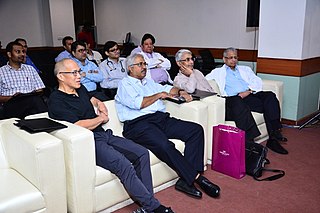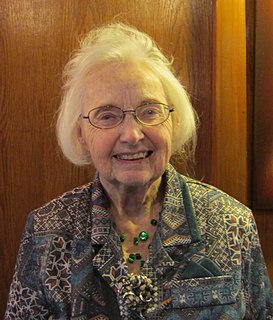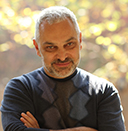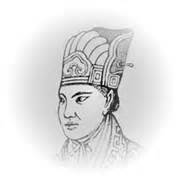A Quote by Patch Adams
The purpose of a doctor or any human in general should not be to simply delay the death of the patient, but to increase the person's quality of life.
Related Quotes
If you think about the impact of climate change, [it should be how] a doctor would deal with the problem. A scientific hypothesis is tested to absolute destruction, but medicine can't wait. If a doctor sees a child with a fever, he can't wait for [endless] tests. He has to act on what is there. The risk of delay is so enormous that we can't wait until we are absolutely sure the patient is dying.
The purpose of Sabbath is not simply to rejuvenate yourself in order to do more production, nor is it the pursuit of pleasure. The purpose of Sabbath is to enjoy your God, life in general, what you have accomplished in the world through his help, and the freedom you have in the gospel-the freedom from slavery to any material object or human expectation. The Sabbath is a sign of the hope that we have in the world to come.
As a matter of principle, we believe patients should be able to see the right doctor at the right time. As a matter of principle, we believe nothing should interfere with that doctor-patient relationship. As a matter of principle, we believe all Americans deserve affordable, available, and reliable quality health care.
The one function that most gods seem to have in common is to give human existence some ultimate purpose - and, while it is not possible to disprove an ultimate purpose, there does not seem to be any evidence for it. This is not to say, of course, that there is no purpose in life at all: we all make our own purposes as we go through life. And life does not lose its value simply because it it not going to last forever.
In the field of medicine, if you're sick you need a doctor. A doctor has already studied how to deal with your ailments, and human beings are imperfect. There any many ailments of the psyche and the soul that need to be treated, and the serious murshid, or spiritual master, is also really a doctor of the soul: a person who can heal the wounds of the soul in the same way as a medical doctor takes care of our physical problems.
What comes to a person in his or her life, however difficult it may be, perhaps will help a person move closer to God. The response to tribulation is abr, which is patience, perseverance, steadfastness, and resolve. All?h loves the patient; part of the reason the tribulation comes is to draw the quality of patience out of them - He loves this quality.


































